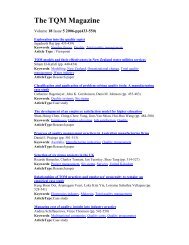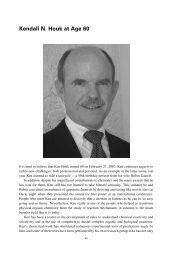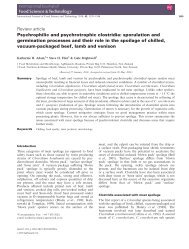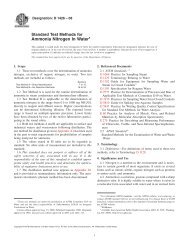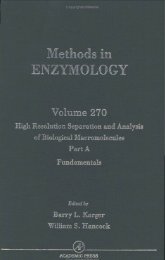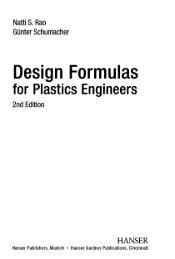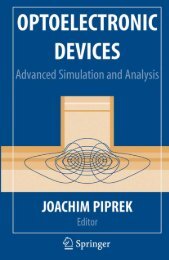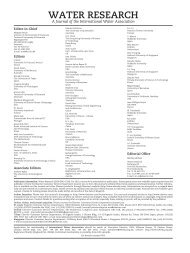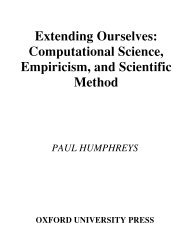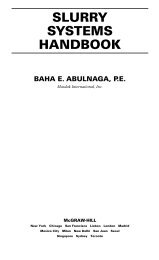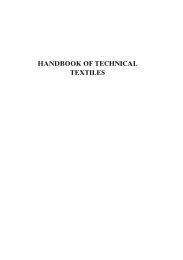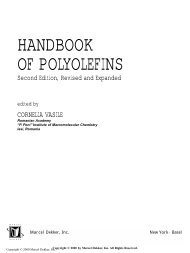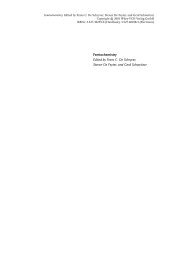Bad Astronomy: Misconceptions and Misuses Revealed, from ...
Bad Astronomy: Misconceptions and Misuses Revealed, from ...
Bad Astronomy: Misconceptions and Misuses Revealed, from ...
Create successful ePaper yourself
Turn your PDF publications into a flip-book with our unique Google optimized e-Paper software.
SHADOWS IN THE SKY 119<br />
eaten is a common thread. Others have seen it as a bad omen, so<br />
they pray during eclipses. Still others avert their eyes, lest they have<br />
a spell of bad luck cast over them . . .<br />
. . . which brings us to a very interesting <strong>and</strong> somewhat controversial<br />
point about the Sun <strong>and</strong> eclipses. How many times have<br />
you heard that looking at an eclipse will make you go blind? Every<br />
time a solar eclipse rolls around, the news is full of warnings <strong>and</strong><br />
admonitions. The problem is, they never say exactly why you can<br />
go blind, or what degree of eye damage you might suffer. Worse,<br />
they sometimes give incorrect advice on viewing an eclipse, increasing<br />
the danger.<br />
I’ll cut to the chase: viewing an eclipse can indeed be dangerous.<br />
Obviously, looking at the Sun is very painful, <strong>and</strong> it is extremely<br />
difficult to do so without flinching, tearing up, or looking<br />
away. The Sun is just too bright to look at. Every astronomy textbook<br />
I have ever read has an admonition against looking directly<br />
at the Sun, <strong>and</strong> it is common knowledge that looking at the Sun,<br />
even briefly, can cause permanent damage to your eyes.<br />
While researching information on solar eye damage for this<br />
chapter, I stumbled across an amazing irony: while it is dangerous<br />
to view an eclipse with the unaided eye, it is actually far less dangerous<br />
to look at the Sun when it is not eclipsed! This may sound<br />
contradictory, but it actually is due to the mechanisms inside the<br />
eye that prevent overexposure <strong>from</strong> light.<br />
There is copious evidence that little or no long-term damage<br />
results <strong>from</strong> observing the uneclipsed Sun. I was shocked to find<br />
this information; I have been steeped in a culture that says looking<br />
at the Sun with the unaided eye will result in permanent <strong>and</strong> total<br />
blindness. However, this is almost certainly not the case.<br />
Andrew Young, an adjunct faculty member of the San Diego<br />
State University’s Department of <strong>Astronomy</strong>, has collected an astonishing<br />
amount of misinformation concerning solar blindness (see<br />
http://mintaka.sdsu.edu/GF/vision/Galileo.html). His research flies<br />
in the face of almost all common knowledge about solar blindness.<br />
He is quite strong in his statement: under normal circumstances,<br />
glancing at the Sun will not permanently damage your eyes.



